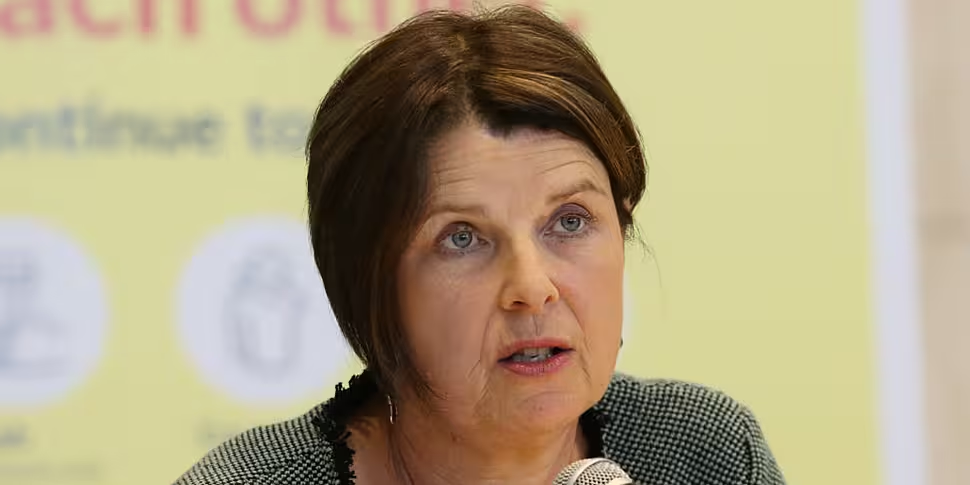Health officials are warning that an increase in deaths related to COVID-19 is on the way in Ireland.
The Government last night introduced new restrictions on home visits around the country, with people now only permitted to welcome visitors from one other household.
Meanwhile, the Level Two restrictions will remain in place around the country for a further three weeks.
Dublin and Donegal are to remain at Level Three.
Last night, 442 more confirmed cases of the virus were announced and four more coronavirus-related deaths were announced.
On Newstalk Breakfast this morning, the COVID-19 advisor to the Irish College of General Practitioners (ICGP) said the death toll was now, “starting to climb.”
“Deaths tend to follow four to six weeks after the rise in rates so unfortunately, it is coming,” she said.
“For us as GPs, we know our hospital services are under strain already. We know we have people on trolleys; we know the ED departments are busy.
"GPs are exceptionally busy. We didn’t get the summer lull we usually get so we are in a vulnerable situation in Ireland and because our health services have been under-resourced for so long, we need to protect them.”
Death toll
She said the 28 deaths recorded in September was the highest since the first wave and noted that there were 10 in the last week alone.
Dr Favier said the new restrictions reflect the “increasing concern” among health officials about the national situation.
“The evidence across the figures is that where we are getting this virus is in our close contacts,” she said.
“In our family situations, where we are mixing with other people and where we are socialising with other people.
“The message for the last number of weeks has been very much to reduce your contacts, reduce your contacts. Try and half them on any given day to what you might have done and this goes to that message.
“So, if I want to go out and meet somebody tonight, it can only be from one family and if I want to go out for coffee tomorrow, it can only be with one friend not two and that is really important.”
Second wave
Dr Favier said the situation is now “starting to get the feel” of the first wave in March and April.
“Last week alone, GPs referred 56,000 people for testing,” she said. “56,000 people must have rang their GP, at a minimum because not all would have been sent for testing, and were referred on through services for testing and tracing.”
She said the only way to combat the disease now is for all of us to change our behaviours.
“It is hard and we are all tired of it,” she said. “People often feel, well I’ll wear a mask I am fine but you need to wear a mask and wash your hands. You need to wash your hands, wear a mask and keep your two metres distance.
“So, it is hard but we just have to keep encouraging people.”
You can listen back here:









